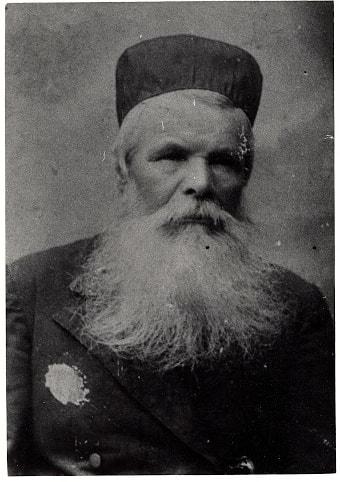 Shmuel, father of Idel, who was the father of Baruch
Shmuel, father of Idel, who was the father of Baruch
For me, it was a little old lady sitting at her computer trying to find out about her distant family connections. I’ll be honest: it made me shudder. Never in a million years did I think I’d be interested in something like that.
But when you hear the word “detective“, something far cooler comes to mind, right?
Well it turns out that the digging I’m doing for my next book — which is leading me onto genealogy websites — truly is detective work. And it is fun!
It’s a roller-coaster ride, for sure. You frequently hit what seem to be dead ends. But then you think of another place or way to look something up and, bingo! you find something important. There’s a lot of logic that goes into putting the pieces together in ways that prove or disprove what everyone in the family always believed to be true.
Family Myths
For instance, everyone in the family had heard the story that my grandfather had left Japan after the giant earthquake, tsunami and fire which destroyed much of Tokyo and Yokohama. The story was that he chose to come then because it would be credible that his official paperwork had been burned in the fire, thus explaining why he didn’t have his papers.
As I found more documents, and put the trail together, I concluded that either the story about coming after the earthquake was wrong or my uncle was not fathered by my grandfather. The earthquake took place in September 1923, and my uncle was born just four months later, in January 1924. (UPDATE: I eventually got to the bottom of that story. Read it here.)
Sometimes They Are True
It was such a disappointment to realize that the story about him coming after the earthquake wasn’t right. But part of the story had also been that he had stowed away on that ship, which sailed from Yokohama to Vancouver, Canada. I wasn’t quite ready to let that go. So I was determined to do more digging. Keep reading to find out what I discovered…
My Methods of Genealogy Detective Work
Get Ready
I also colour code, so I can see at a glance which items in the timeline are specific to him, which to other family members, and which relate to historical events going on at the time.
Start With Names
By the way, despite the conventional wisdom, the border officials at Ellis Island did not make people change their names. So you might find your ancestors in their records using the old country name.
I knew my grandfather’s Hebrew/Yiddish name was Baruch. Or Boruch. In English he’d been called Ben, Bennie and even Boris.
Last name? They didn’t have last names in the shtetls (small towns) in early to mid-1800s Russia. Those didn’t come into play until the late 1800s, when the Russian government demanded they all get last names to make military conscription easier. Many of them took the names of their villages as a last name. Others took the name of their father, and added “son of”.
There was also no consistent spelling. Would the names have been written using the Russian cyrillic script? How would they have been converted to Latin script?
My grandfather’s father was named Idel. Or Eidel. Thus, some family members remembered him saying that the original last name was Idelchik. Or Idelchick. Or Idel’chik. … As it turned out, once I actually found some official records, he (or the border official) had spelled it Idelzik when he arrived. (I was also surprised to discover that he came via Ellis Island. I didn’t think he had.) But a few years later, once he got his Canadian naturalization, the name had become Bennie Adelson.
Starting Sources
I could easily find a photo of his tombstone, and a couple of newspaper items listing properties he’d bought. The latter lined up with the street names my mother had remembered living on.
- FamilySearch.org – This is the one I’d already heard about, run by the LDS Church. They reputedly have the biggest collection, although I didn’t find much about my ancestors there.
- Ancestry.com – This one has more of a commercial motivation, but it is also big. I ended up taking out the 14 day trial, and found some crucial documents here. I may continue my membership, but it is awfully expensive.
- Newspapers.com – It is amazing the things they wrote about in turn of the 20th century newspapers. I found detailed descriptions of what my mother wore at her cousin’s wedding. Which children got honors at school. And how much my grandfather paid for a house, who he bought it from, and the exact location. This was not a mansion, folks. Nothing worth remarking on. Nor was it a small town newspaper; I found these in the Montreal Gazette!
- Passenger Lists – This can be a goldmine. The Canadian government has good immigration records available free online for the period 1865 onward.
Archives are another oft-used source by historical researchers. Unfortunately for me, most of the archival information I’d like to dig out would have been written in Russian, Hebrew, Yiddish or Belorussian, none of which I speak or read. Ultimately I may have to hire a translator, although I’m not sure I’ll actually find much in those archives that is relevant to my grandfather’s story. His people were not famous, didn’t own anything of value, and were unlikely to have been recorded beyond perhaps births, marriages and deaths.
One Thing Leads to Another
1. Arrival in New York, 1913.
Once I had pinned down his names, I was able to search all the general databases using both the English versions and the version he’d given the immigration officials. This was useful, because he did go back and forth between the names.
In addition to the naturalization certificate itself, one of the letters of support noted that he had been in Canada for 3 years and 2 months. It was actually by working back from that date that I was able to find his arrival document at Ellis Island from 1913.
Often you use family stories as a starting place. Sometimes that leads you to official documents that either substantiate or contradict those stories.
My mother knew that at one point her father had been living and working in New York, and I had a memory of seeing a photo of him and his brother in Coney Island. That couldn’t have been when he first arrived in 1913, because he had no money and his brother was not yet in North America, so it had to have been sometime after his Canadian naturalization in 1916.
Then I discovered a draft notice for him in the United States from the 1917/18 draft records. (I was later thrilled to discover his registration card, in which he’d listed himself as a conscientious objector.)
I knew that he had repeatedly tried to avoid being drafted. That was part of his motivation for leaving Russia when he did, for leaving Canada, and then for leaving the U.S. According to my mother, he finally concluded that if he was going to have to fight, he might as well fight for a cause he believed in. By this point he’d become active in socialist politics, and the story was that he’d gone back to Russia to fight for the Bolsheviks.
Once I knew when he had got his US draft notice in June 1917, I knew he would have had to go back to Russia shortly thereafter (or be stuck working for the U.S. military in a non-combat role, which would not have satisfied his reasons for being a conscientious objector).
4. What did he do in Russia?
This is the mystery I’m currently working on. I don’t know if there’s any hope of finding the answers. I do know that Leon Trotsky was in New York at the same time he was, and was working to recruit young Russian emigres to go back and help the revolutionary cause.
Rethink & Try Again
My mother had said that after landing in Vancouver he had gone to Seattle to try to find his younger brother, who he believed was there. Checking the Seattle records, I found him listed in a 1920 census.
I found a document from Vancouver giving him clearance to work in Seattle, dated Sept 23, 1919, but my mother had been certain he’d come on a ship called the Empress of Russia, and that was not the name of this ship to Seattle.
I looked to see what other ships arrived from Yokohama in Vancouver. Working backward from the Sept 23, 1919, date I discovered that the Empress of Russia had, in fact, arrived in the port of Vancouver the day before, on September 22, 1919!
But when I checked its manifest, there was no sign of him.
Mind you, he had been a stowaway, so maybe he hadn’t been listed on the manifest. The other thing that didn’t add up was that my mom said he’d been in a jail in Vancouver, and helped by a local Jewish family, with whom he stayed for a while after getting out of jail and going to Seattle. If that were correct, then he couldn’t have left for Seattle the day after the ship landed in Vancouver.
8. Flash of inspiration
Not yet prepared to give up, I looked to see when before September 22, 1919, the Empress of Russia had arrived in Vancouver. The previous one was July 29, 1919. So I looked through its manifest.
I was jumping up and down with joy when I found this:
Stay tuned, for the continuing saga! And if you haven’t already, sign up for updates on the story, so you’ll stay in the loop!
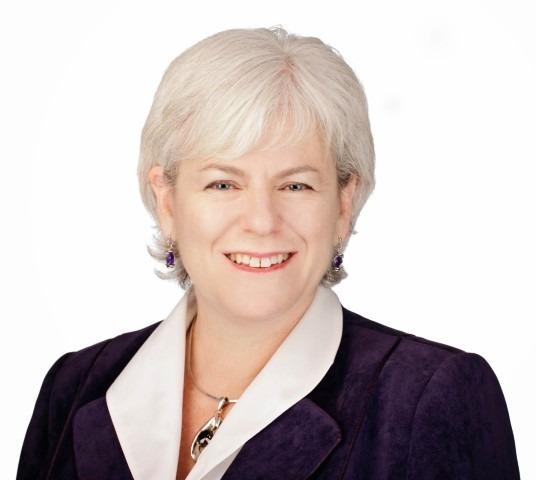
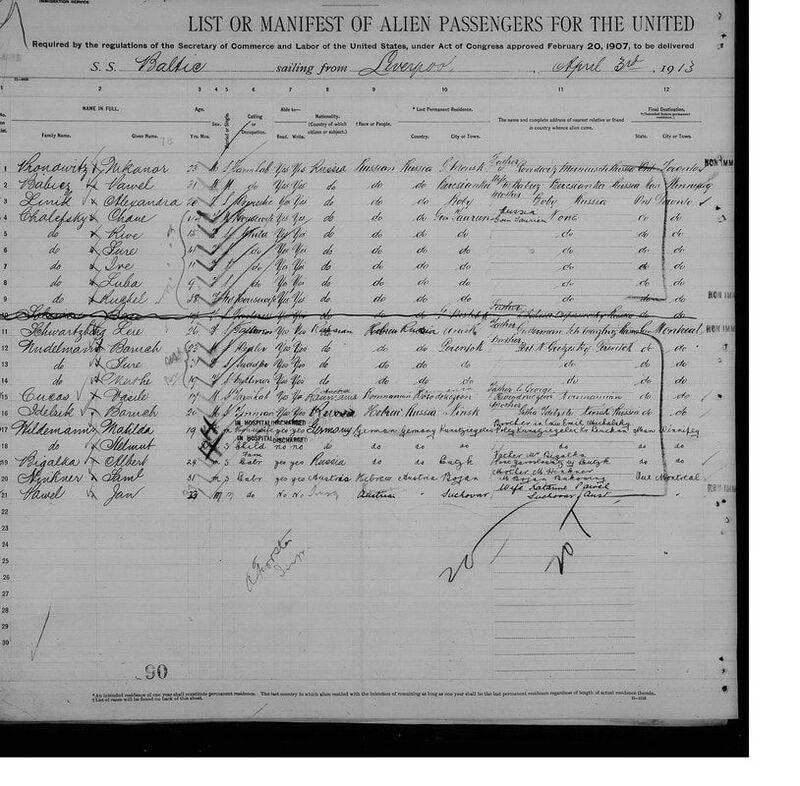
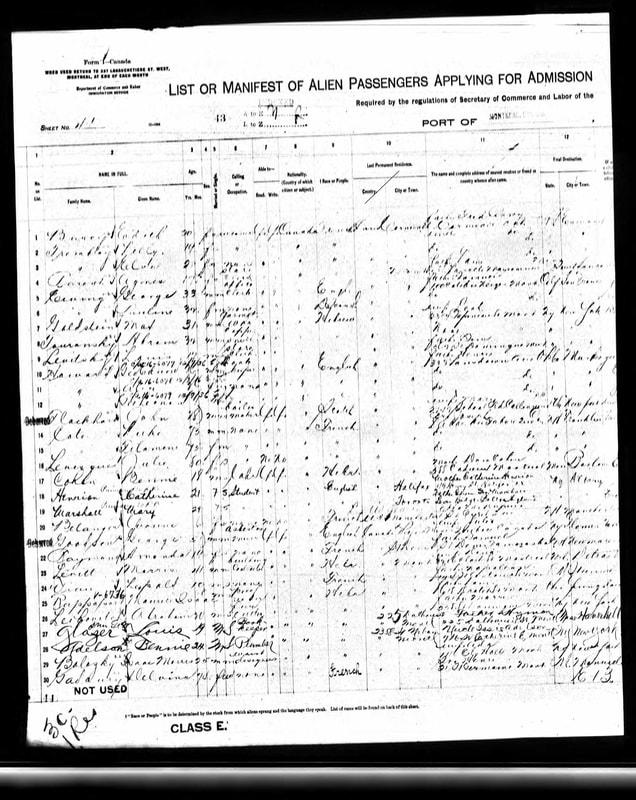
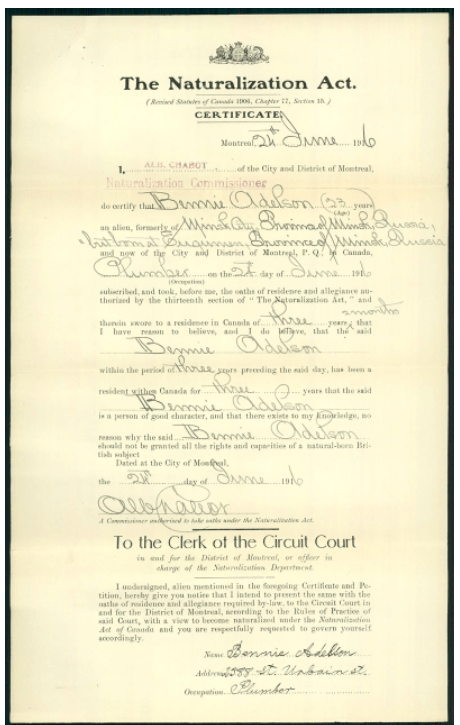
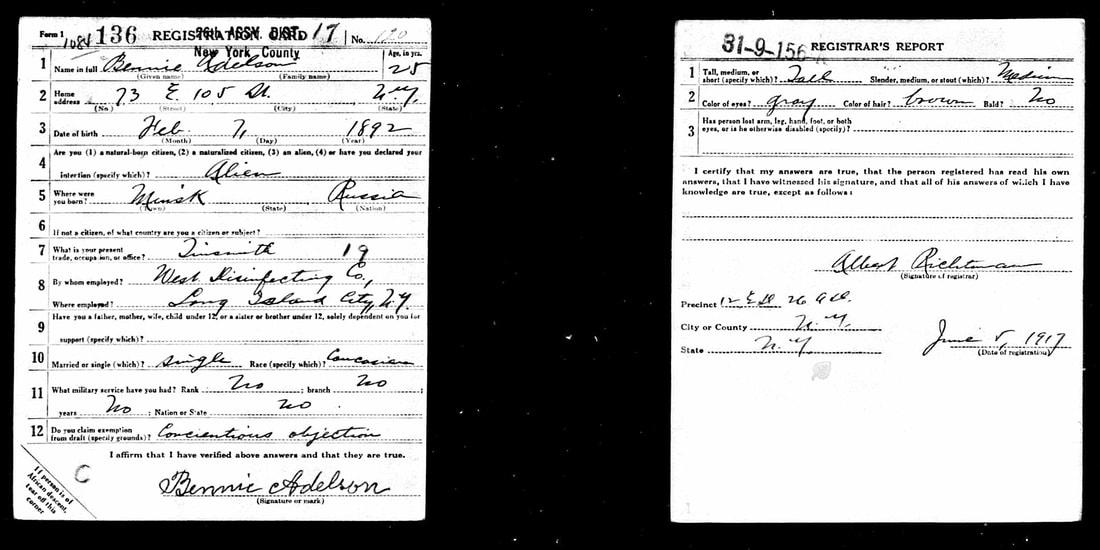
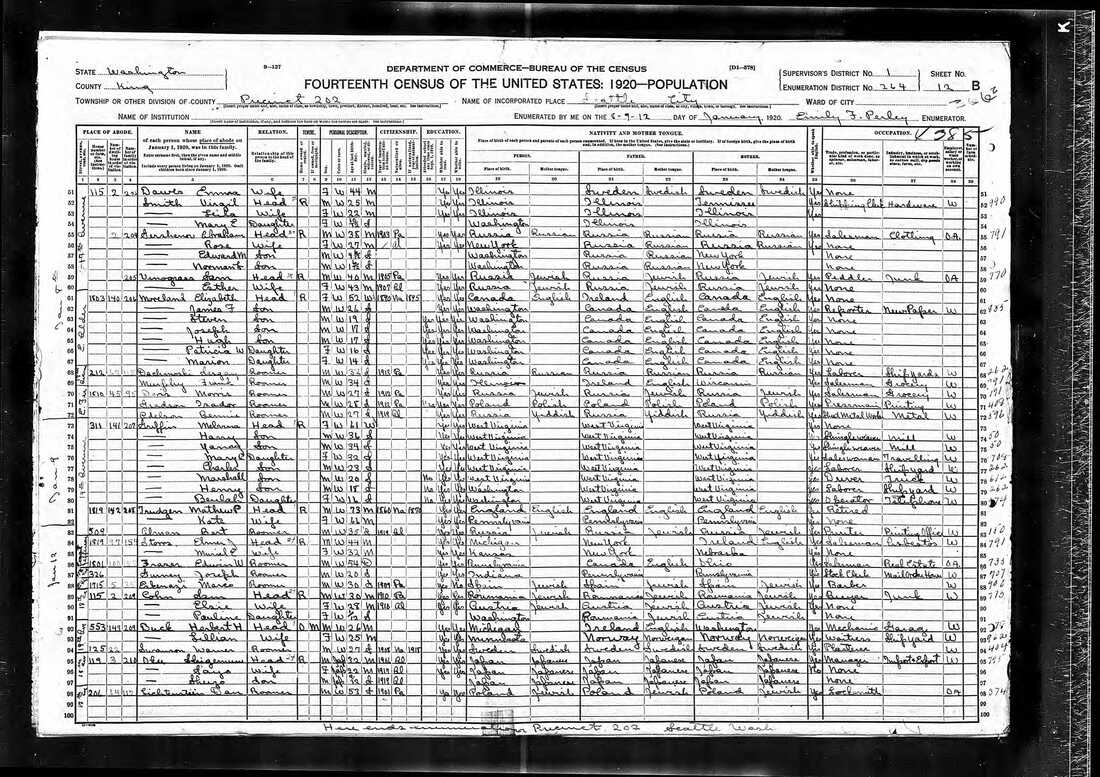
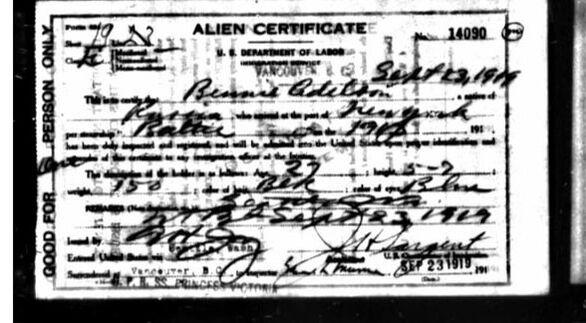
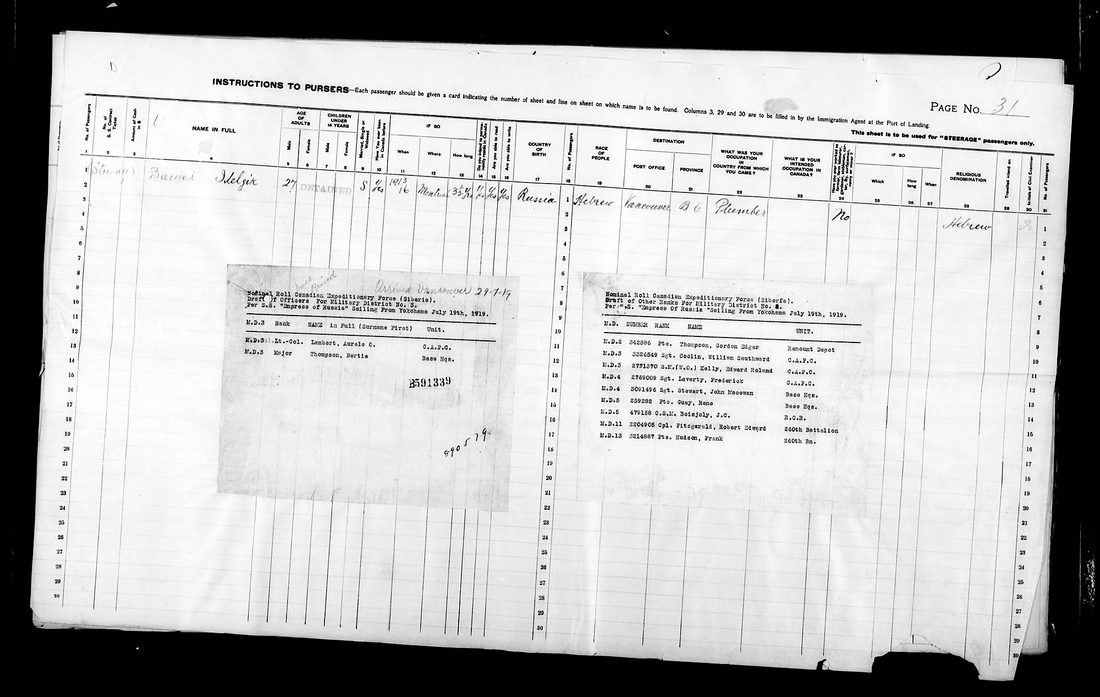
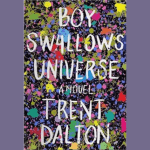
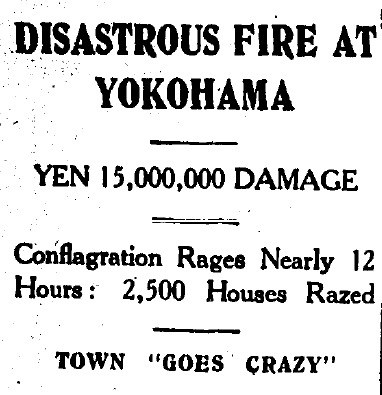
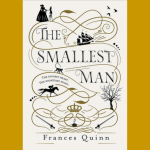
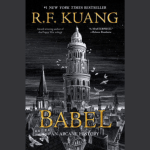
[…] writing a novel set in the early 1900s during the Russian Revolution and Civil War, so I decided to see if it there were any sources of […]
[…] early life in the hopes of writing a book about it. Nearly two years ago I wrote about the often frustrating, sometimes exhilarating process of researching his past. Eventually I got to the point where I reached two […]
[…] indulge in reading fiction. I’ve always been drawn to good historical fiction, which is also what I’m currently trying to write. Historical fiction at its best provides a warning of how things could go wrong even in our times. […]
My uncle, Leon Boonin, immigrated to America in 1911 from Slutsk, located 100 km south of the city of Minsk (in Minsk Gubernia). Between 1940 – 1944 my uncle, with the help of his American born niece, Miriam Boonin, wrote a memoir IN ENGLISH, of his days as a farmer, a son of a Yiddish educated mother , an understanding father, and a brother to 7 siblings. He discusses life in his poor shtetl during the first decade of the last century (1900 – 1910), their troubles and their immigration.
I would love to read that diary!
Shalom Tema,
I׳m reading those diaries with the help of Chrome translate… always hoping to discover names from Kremenchug Poltava from the 1800’s (run to the dna to compare names) I work on all the sites and busy myself with this detective genealogy day and night.
Enjoyed your write-up and wish you luck for 2021.
Thanks. Good luck with your research. It is a long (but interesting) process.